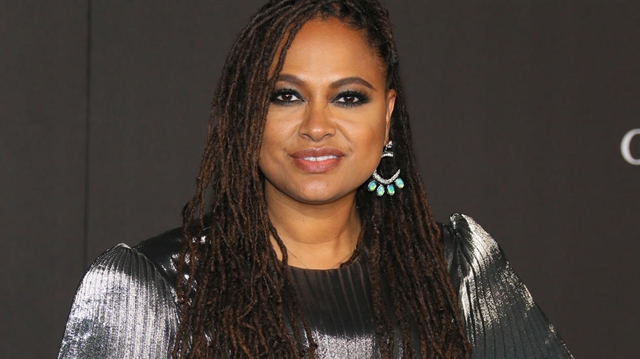 Life & Style
Life & Style


|
| US filmmaker Ava DuVernay arrives for the 2019 LACMA Art+Film Gala at the Los Angeles County Museum of Art in Los Angeles on November 2. — AFP Photo |
LOS ANGELES — A record number of television episodes were helmed by women or directors of colour in the 2018-19 season, according to a report released on Tuesday, highlighting major gains in an industry that has sought to be more inclusive.
The Episodic Television Director Inclusion Report covering that season said that for the first time, half of all TV episodes were directed by women or African American, Asian American or Latino directors.
The number was up from last year's high of 42.5 per cent and from 21 per cent five years ago.
"Inclusion has been a priority of our Guild for a very long time as we've pushed the studios, networks and producers to do better in their hiring,"
Thomas Schlamme, president of the Directors Guild of America (DGA), which commissioned the report, said in a statement.
"While change had been glacial in past years, we're pleased and incredibly encouraged to see the recent commitment undertaken by the industry."
The report examined more than 4,300 episodes produced in the 2018-19 television season.
It found that the percentage of episodes directed by women grew to 31 per cent and the percentage of episodes helmed by directors of colour rose to a new high of 27 per cent.
The DGA also examined trends in first-time TV director hires for the past decade and found that women had also made great gains in that area.
The report noted that 49 per cent of first-time hires in the 2018-19 season were women -- an increase from 41 per cent in the 2017-18 season, and 33 per cent two seasons prior.
It said that 29 per cent of first-time hires were directors of colour -- down slightly from last year's record of 31 per cent, but up from the previous high of 27 per cent two years ago.
Despite the gains, however, the union offered a word of caution against the growing practice of employers offering directing jobs to non-directors on series, such as actors or writers.
"Producers hold in their hands the power to grant an opportunity that can set up an aspiring TV director for a lifelong career doing what they dreamed of," Schlamme said.
"And while we're encouraged to see nearly half of first jobs went to women last year, and nearly a third went to directors of colour -- we still have a lot of concern over the underlying hiring practices that reduce the number of jobs available to budding and experienced directors alike.
"The heart of the issue is that producers aren't factoring in that every job given to someone who does not pursue a directing career equals an opportunity withheld." — AFP




